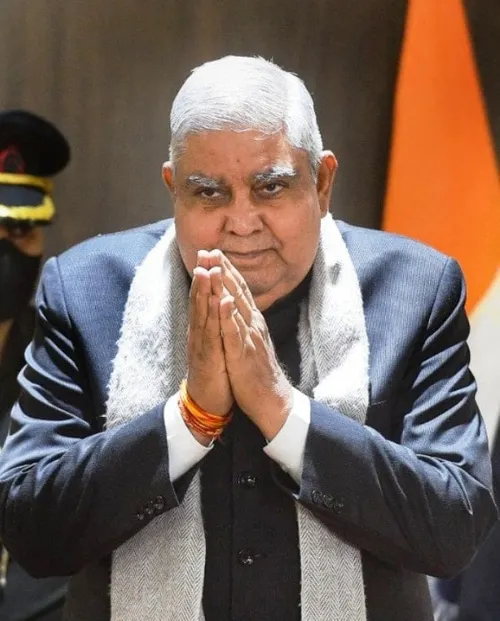In 2020, China represented more than half of Asia-Pacific’s control deal value. Cut to 2024, India has flipped the Private Equity (PE) script. While China’s share almost plummeted by half, India surged ahead as the only country with double-digit growth in both deal value and count, driven by an evident investor tilt towards control deals. Buyout deals in India have grown fourfold since 2010, a clear signal that control is not merely trending; it is becoming the dominant strategy. In 2024 alone, buyouts in India accounted for more than half of the PE activity in the country.
This shift is more than a numbers game. It reflects investors’ increasing focus on driving value creation, overseeing financial activities and reducing risks of fraud or mismanagement, amid macroeconomic uncertainties. Deal makers are pursuing scale deals having sophisticated deal structures with acquisitions aimed at consolidating market position and achieving cost and revenue synergies—especially in sectors such as technology, financial services and infrastructure.
What’s driving this shift in investment patterns?
Desire for operational control and value creation: PE investors want to take control of the steering wheel. They prefer buyout/ control deals to actively manage portfolio companies, implement improvements and drive strategic growth to offer stability. To succeed, PE firms must embed global best practices, professionalise operations, and adopt a sharper approach to Mergers and Acquisitions (M&A).
The need for exit clarity: Control deals provide PEs with a structured framework and greater certainty around the timing and terms and conditions of their exit, often with “drag along” rights. This helps them plan their exit strategies more effectively and manage risks associated with valuation and market conditions.
Institutionalisation of family-run businesses: We have a new generation of entrepreneurs that are open to external investment, often driven by succession issues and the need for professional expertise.
A shared investment model: Domestic LPs are co-investing with GPs, enabling risk-sharing on large deals. This strategy encourages PE firms to pursue bigger, more complex investments that may have been avoided earlier due to capital or risk concerns.
India’s current economic stability and growth: India’s stable Gross Domestic Product (GDP) growth and controlled inflation have created a favourable macroeconomic environment, encouraging PE firms to pursue control deals for long-term value.
Regulatory reforms and ease of doing business: Continuous reforms in regulations, including the Companies Act, SEBI regulations and FDI policies, coupled with a marked decline in red tape, have simplified investment approvals. Enhanced governance and stringent reporting standards have boosted investors’ confidence in taking up controlling stakes.
Multi-sectoral opportunities: Large-scale infrastructure assets (e.g. telecom towers), tech platforms and financial services firms offer attractive platforms for consolidation and expansion through control investments. The rise of a viable secondary market and more flexible exit options, such as IPOs and sponsor-to-sponsor sales, reinforce this trend.
Cross-border investment appeal: India’s growing global influence and openness to foreign capital have attracted international PE funds seeking controlling stakes to capitalise on market potential. These global funds are armed with years of experience and deep sector skill sets.
The new PE strategy playbook: Control, consolidate and create
From minority investment to balancing control and risks: PE control deals give firms majority ownership, enabling them to drive value creation, mitigate risks and professionalise businesses, but they come with higher costs (control premium), longer commitments and execution and integration challenges. These risks highlight the importance of thorough due diligence, careful post-acquisition management, structured governance and robust risk mitigation strategies in control deals.
From single bets to scalable platforms: PE firms are increasingly backing platform plays—acquiring a strong core company and building around it through strategic add-ons. The goal is to enhance market share, capabilities and reach. This model requires deeper operational involvement, tech upgrades and tighter governance, supported by more specialised operating teams.
From financial engineering to operational value creation: PE firms are now more inclined to form operating teams. The focus is on sector depth, active risk management and sustainable value creation—not merely capital structuring. This shift is enabling firms to take on bigger, more complex control deals confidently and with greater upside.
What’s next?
India’s PE market should remain cautiously optimistic in 2025. Macroeconomic stability and a strong services sector will fuel consumption, while integration into global value chains—especially in electronics, semiconductors and pharma—will strengthen trade. The next five years look positive, especially considering the Union Budget 2025 tax reforms, including extended exemptions for sovereign and pension funds, which may attract US$30–35 billion in infrastructure investment.
While global factors, such as US tariff shifts and currency pressures, remain watch-points, a stabilising interest rate environment, narrowing valuation gaps and Asia-Pacific’s abundant dry powder stockpile position PE firms to seize high-growth opportunities with confidence and the scope to scale. With operating teams being galvanised, especially for control deals, PE firms are gearing up to deploy value creation strategies that entail operational improvements, strategic M&A, revenue enhancement, human capital optimisation, cost optimisation and strategic repositioning.
In conclusion, as global capital looks east, India stands out as a potential destination for high-impact buyout deals.
The writer is Lead Partner – Private Equity, Deloitte South Asia
Published on June 2, 2025
Anurag Dhole is a seasoned journalist and content writer with a passion for delivering timely, accurate, and engaging stories. With over 8 years of experience in digital media, she covers a wide range of topics—from breaking news and politics to business insights and cultural trends. Jane's writing style blends clarity with depth, aiming to inform and inspire readers in a fast-paced media landscape. When she’s not chasing stories, she’s likely reading investigative features or exploring local cafés for her next writing spot.






